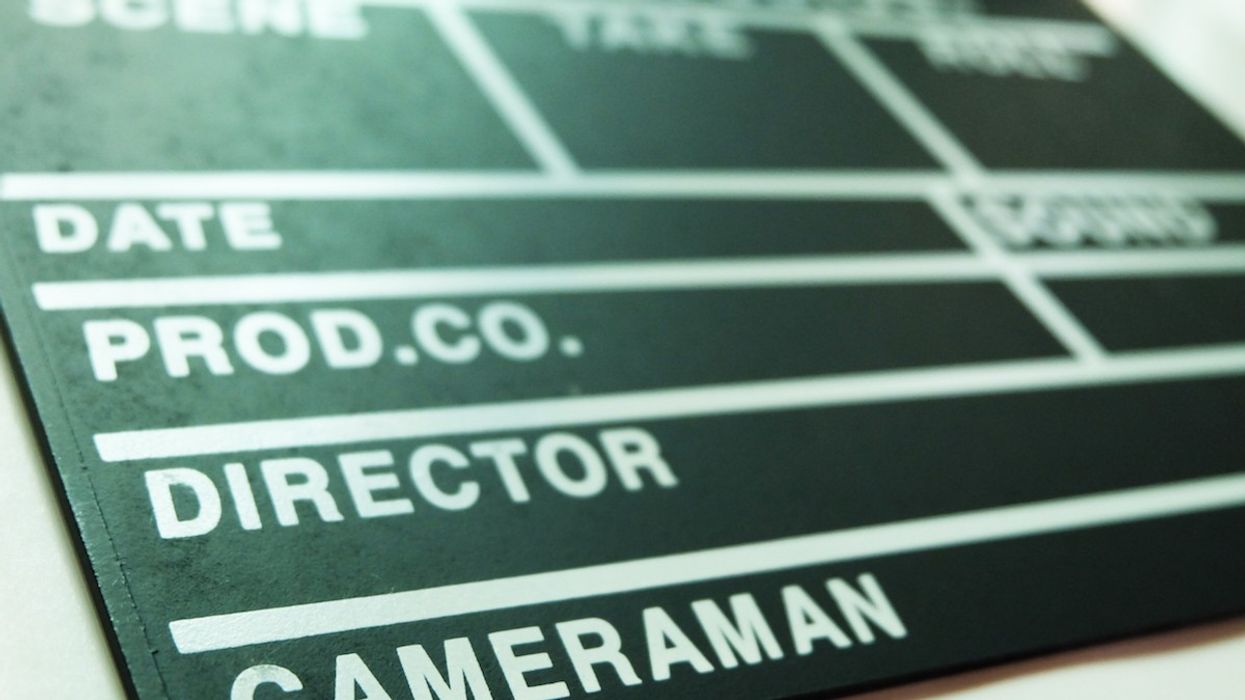5 Keys to Learning How to Be a Filmmaker
How does one teach themselves how to be a filmmaker?

Whether you decide to go to film school or not, learning the ins and outs of making a film from the ground up is a challenging endeavor. And even though there's a bounty of free resources available to you on the internet to teach you how to frame a shot, edit a scene, and record audio, your education extends much further than the glowing screen of your computer. In this video, Simon Cade of DSLRguide talks about what his film education has looked like since he finished school, and offers some ideas on how to make yours as effective as you can.
Here are some takeaways from the video:
Study your material
This is simple. Watch every movie and TV show you can. Read every book, article, screenplay you can get your hands on. Watch the DVD extras and trailers. Check out tutorials and videos. Even if they don't particularly speak to you, give it a chance, because inspiration and education can be found in everything.
Put what you've learned into practice
Take what you've learned from studying materials and put them into practice. If you watch a video about 3-point lighting, grab a few lights and practice it. If you read something about writing dialog, spend some time writing a conversation between two characters in as many ways as you can. Of course, one of the best ways you can teach yourself how to make films is by making them, but practice the little things, too
Find a mentor
In college, you've got professors there to simplify the material for you, but what about outside of school? I mean, there's no doubt that having a mentor to not only teach you about certain aspects of filmmaking but also tell you where you need some work is important, but where do you get one out in the real world? I've found that mentors can be found just about anywhere: your favorite video essayist, a blogger who speaks to you, even a filmmaker whose work you admire. Though they may not always be able to offer you critiques on your own work, they can offer some expert knowledge on the craft.
Collaborate with peers
Get out there and befriend some filmmakers in your area. Join a group, even if it's just online. You'll not only learn from their experiences, but you'll have a shoulder to cry on when your film doesn't get selected at your favorite film festival.
Live your life
You can learn about filmmaking even when you're not actively doing it. Take a bike ride. Travel to a new city. Chat up one of the regulars at your favorite bar or coffee shop. All of these things not only give you creative fodder that you can use for your stories, but they might end up giving you the inspiration or wisdom you were looking for. Simply living your life with your eyes and ears open can do so much for your growth as a filmmaker.
Everybody learns differently. As a visual learner myself, the last thing I ever wanted to do in college was sit for hours reading chapter after chapter about Scandanavian cinema of the 1930s. But after graduating (and maturing a little), I found that the information you need to learn is scattered everywhere: in books, movies, TV shows, articles, tutorials, fortune cookies.
You're limiting your own education by seeking answers where you want them to be instead of seeking them where they actually are. Does this mean you might have to watch some films you don't particularly like? Probably, but I'll tell you right now, I never thought watching some black and white French movie from 1962 would change everything I ever thought about filmmaking, but it did
Source: DSLRguide













